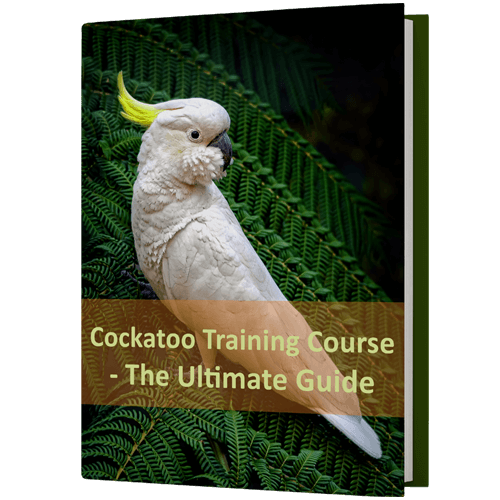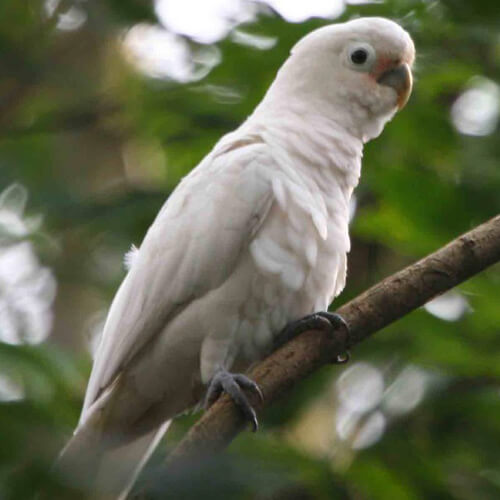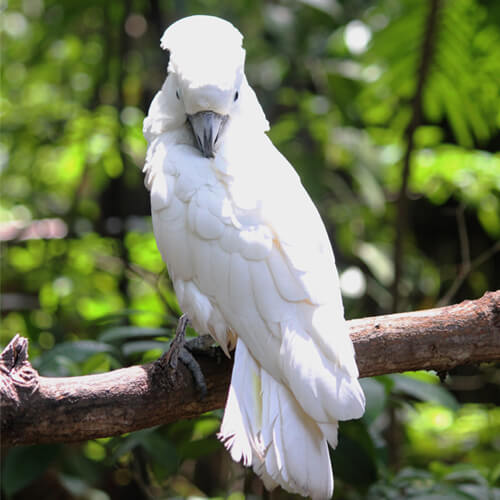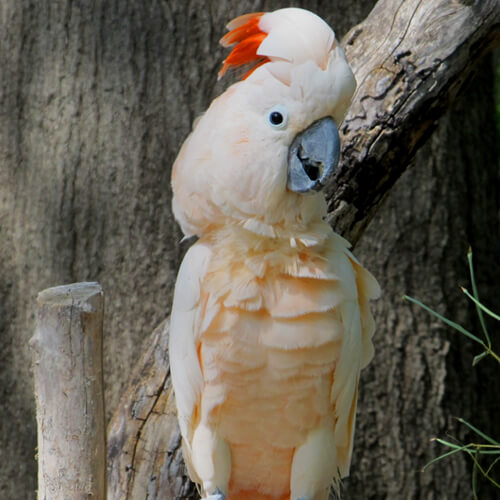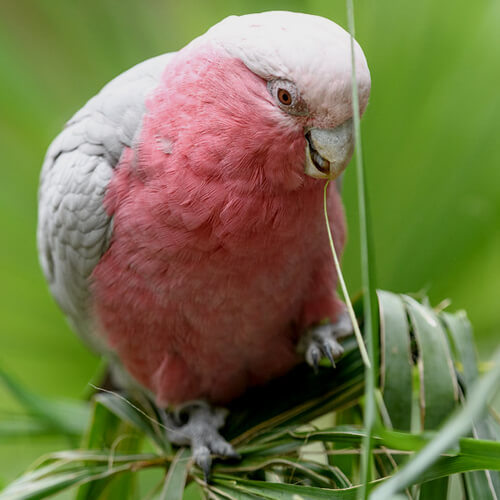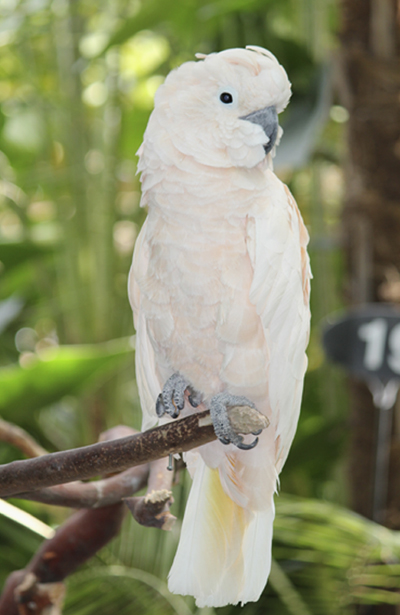
Facts On Cockatoo Temperament, Diet, Health, Care & More…
The Cockatoos are one of the most favored birds as pets in the Parrot family. They are extremely attractive birds possessing striking talking abilities. Cockatoos are extremely beautiful, loving and social creatures, portraying an intelligent, playful, inquisitive and enchanting self.
Sign-up for the Free Course on Cockatoo Training
Size: 30 - 43 cm / 12 - 17 inches
Life Expectancy: 40 - 80 years
Description
Most Cockatoos are white in color, but others come in grays and pinks, blacks, and in the Palm's case, deep blue.
